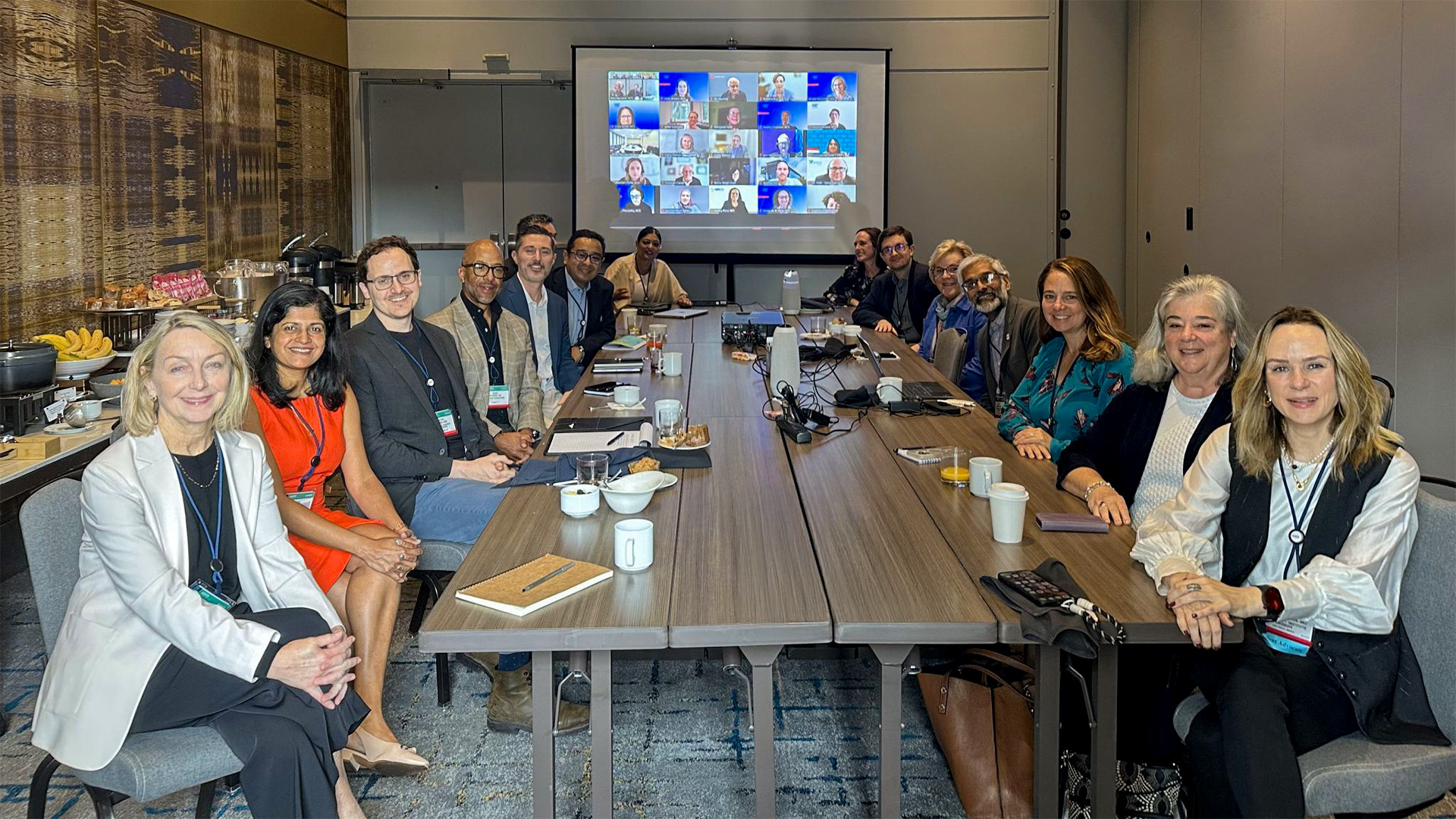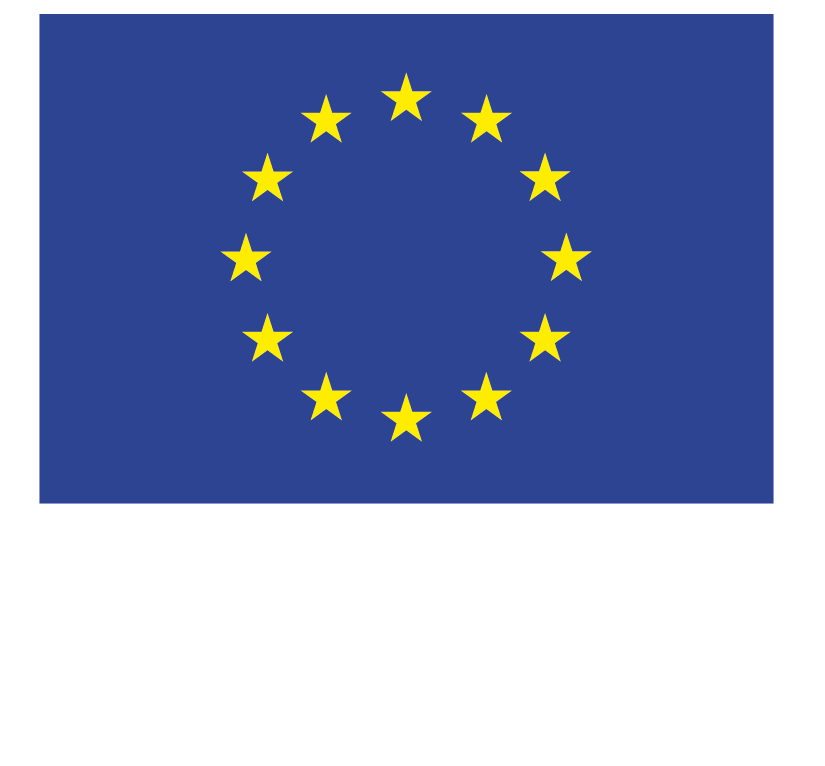The American Cancer Society (ACS) global program recently launched the Global Alliance for Cancer Patient Navigation (the Alliance) to increase momentum for navigation in all settings to support cancer patients globally. The Alliance was officially announced with World Cancer Day in February this year and had a hybrid in-person/virtual kick-off meeting at the American Society of Clinical Oncology (ASCO) meeting in June.
Patient navigation provides a unique opportunity to fill many of the gaps in the cancer care experience, focused on patient- and caregiver-centred care, quality of life (QOL), patient satisfaction and ultimately moving patients towards equitable access and outcomes. Patient navigation has a foundational role in all high-income and low- and middle-income countries (HICs and LMICs), particularly as a disparity-reducing strategy, but lacks clear and uniform guidelines for effective program development, training, sustainable implementation, minimum scope of practice, and data metrics focused on patient satisfaction, QOL, stage-shifting, abandonment, survivorship, and cost efficacy. These gaps ultimately inhibit policy decisions which support sustainable navigation development across diverse global settings.

ACS therefore initiated the Global Alliance for Cancer Patient Navigation to develop consensus around patient navigation in diverse settings, coalesce the foundational training principles, scope and the evidence-basis and cost efficacy for sustainable patient navigation development with the ultimate goal of creating a global movement around patient navigation inclusion in cancer care. The principles of cancer patient navigation, with a focus on patient- and caregiver-centricity and equity, can serve as a model for all chronic and complex diseases in diverse global settings.
The Alliance’s mission is to convene global stakeholders to frame, assess, and address challenges in global patient navigation that no single organisation can solve alone to expand the reach, quality, and sustainability of global patient navigation. Its vision is the universal incorporation of patient navigation to provide more accessible, equitable, and high-quality cancer care for all patients.
Bringing together diverse global voices, the Alliance co-creates and scales patient navigation solutions that work in varied healthcare settings. It operates through a collaborative, workgroup-based model guided by a central Steering Committee.
Currently, it has more than 50 partner organisations from 25 countries represented and is open to additional organisations with expertise in patient navigation. The Alliance has a 12-member Steering Committee co-chaired by Anu Agrawal, MD, Vice President Global Cancer Support at the American Cancer Society, and Professor Raymond Chan, Deputy Vice Chancellor (Research) at the University of Flinders and Lead of the Global Initiative to advance cancer Navigation for better Outcomes (GINO) Initiative. Three dedicated Working Groups focus on: 1) HICs; 2) LMICs; and 3) paediatric oncology with cross-cutting areas including digital innovation and dissemination with planned work outputs.
Work is underway on a Call to Action for universal patient navigation in cancer care. while establishing its cost efficacy to help spur policy makers. The Alliance and ACS global are focused on continuing dissemination of the collaborative work through multiple global channels and have upcoming presentations at AORTIC (The African Organisation for Research and Training in Cancer), UICC World Cancer Leaders’ Summit, London Global Cancer Week and in collaboration with the WHO Global Breast Cancer Initiative. For more information about the Alliance, contact ACS at ACSGlobal@cancer.org.






No responses yet